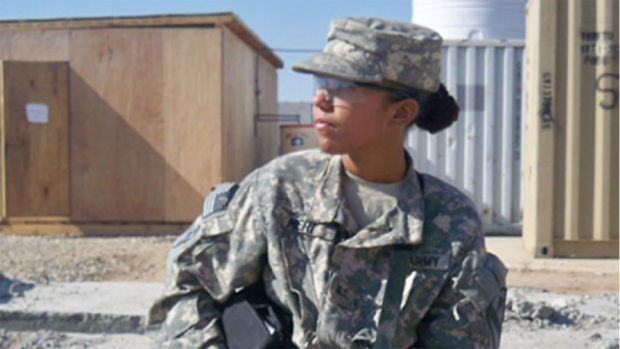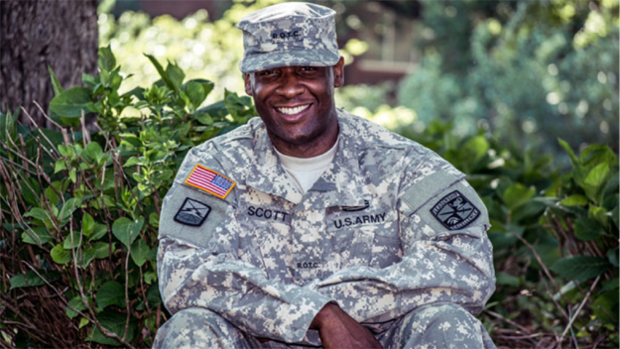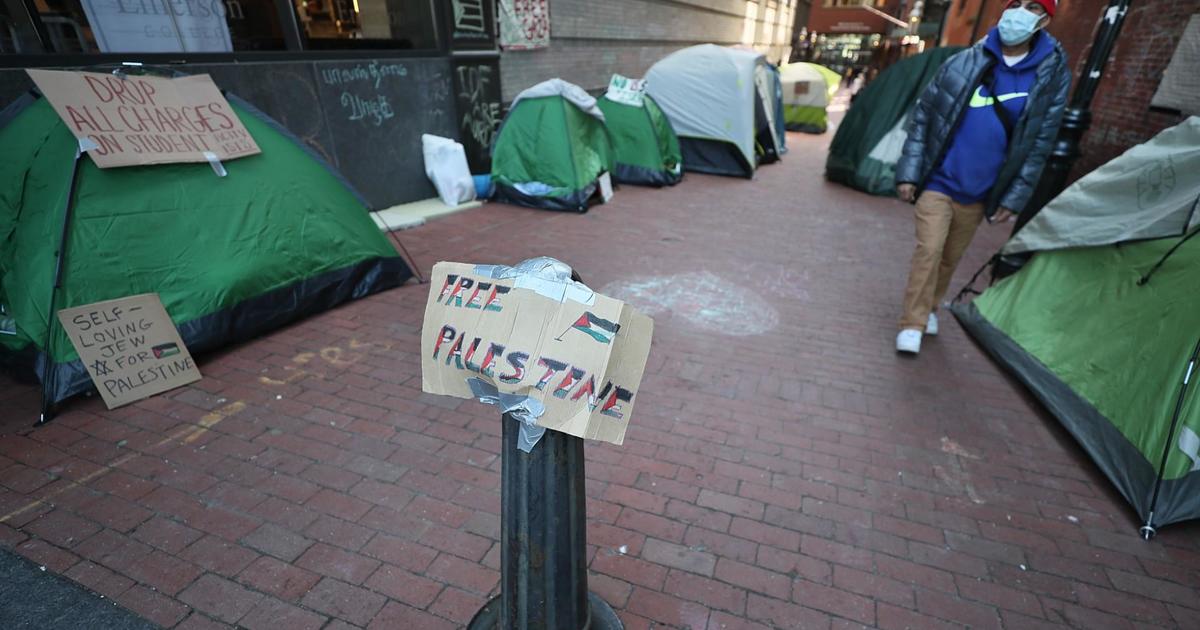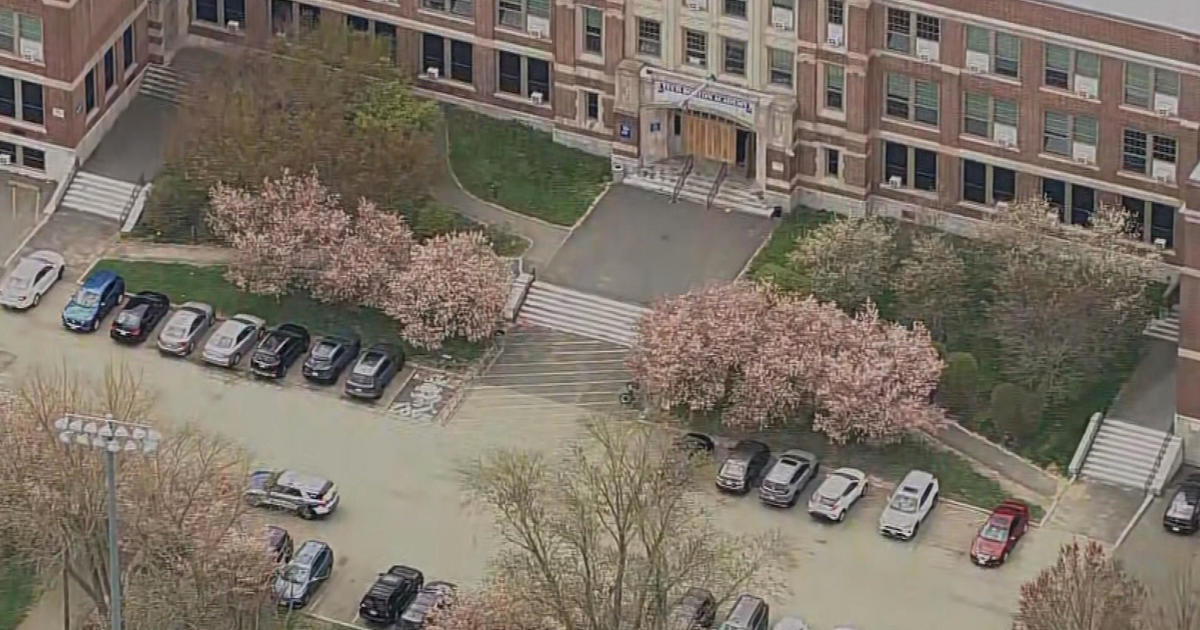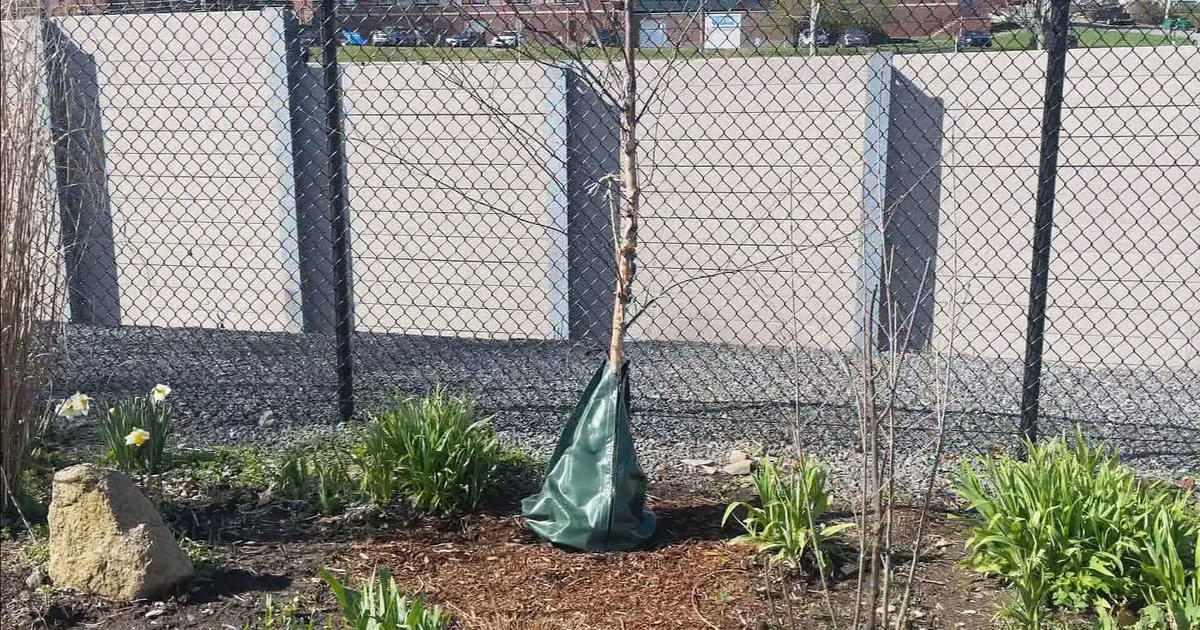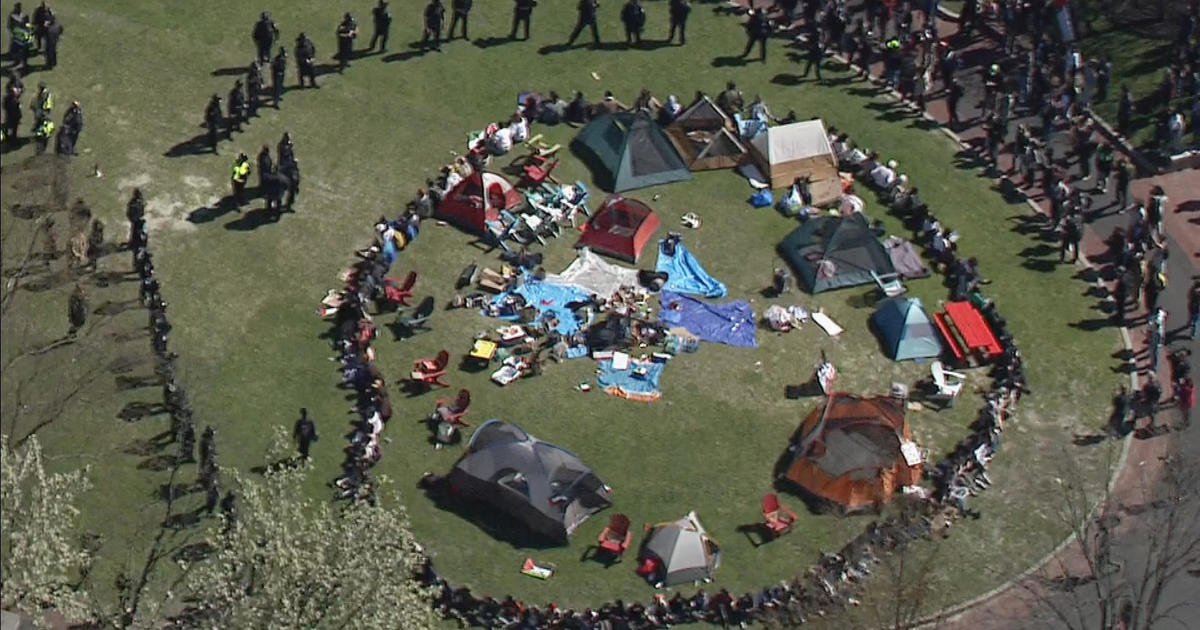From The Army To Academia: Raytheon, Student Veterans Of America Grant Patriot Scholarships
This article is supplied by Raytheon
Two Army veterans – one who ventured into Iraqi cities to gather intelligence, the other a computer specialist who fixed critical systems in sweltering desert heat – have been named the first-ever recipients of the Raytheon Patriot Scholarship.
America Luna, 28, and Henry Scott, 32, each will receive a $10,000 Raytheon Patriot scholarship, the latest in a series the company has offered in conjunction with Student Veterans of America. The goal: to help military veterans pursue successful civilian careers. On Wednesday, Raytheon announced a $5 million partnership with the organization, part of a recent $10 million pledge to support educational programs for military veterans and their families. The Patriot scholarship is offered exclusively to Army veterans, while the Raytheon SVA scholarship is open to all who served in the U.S. military.
"The commitment, discipline, focus and overall leadership developed by our veterans in service to our country provide a strong foundation for academic and professional success in civilian life," said Thomas A. Kennedy, Raytheon Chairman and CEO. "It is our hope that through our expanded partnership with SVA, we will be able to help a new generation of veterans connect their service to rewarding careers."
America Luna: "It opens your mind"
Luna, born and raised in Brooklyn, enlisted in the Army straight out of high school, saying she was drawn by the GI Bill and the thought of traveling the world.
"I definitely got what I wanted – two all-expense paid trips to Iraq," she said.
Her first deployment came in 2004, when she served a year in Baghdad as an interrogator at a detention facility. She deployed again in 2008, this time traveling Maysan province in southeastern Iraq to develop intelligence sources among local police and civilians.
"A lot of people were happy we were there, but a lot weren't. I was happy to talk to the people who weren't. It opens your mind," she said, recalling one man in particular who shunned her lieutenant's greeting by saying 'No salaam for you.' "My job was not to get angry. My job was to try to understand where you're coming from."
Luna separated from the Army in 2009 and enrolled at Old Dominion University, where she joined Student Veterans of America and served an internship that set her on her career path. She was working in the veterans' services department at the United Way of Greater Williamsburg, Virginia, when a Gulf War veteran came in for help.
He had been diagnosed with stomach cancer and wanted his medical records. Luna walked him through the process and the options, but found that his records had been destroyed in a fire and were irretrievable. She thought she had failed to help him. He told her otherwise.
"He's like, 'You know what? I just wanted to be heard, and I appreciate you guys sitting down with me,'" she said. "The things you don't think matter, do matter to someone. The simple act of listening to him, he just had to thank us for it."
Luna said her goal is to set up a veterans' services office at a college or university to help new students adjust to life on campus.
"You're told in the military to follow orders and you're told where to find everything," she said. "And when you go into higher ed, you're like, 'I have to find everything on my own.'"
Henry Scott: "Everyone needs it."
It's hard enough to run IT for a company with a few thousand employees. It's even harder to do it in the middle of the desert, where computer servers die in the 120-degree heat, replacement parts are hard to come by, and people's safety is at risk.
That was the challenge Henry Scott found during his deployment in Afghanistan, where he ran the help desk for Bagram Airfield from April 2008 to April 2009. The most valuable thing he learned, he said, was "not saying 'I can't do it.'"
"Without the computer being up, certain people in certain functions can't do certain jobs. And that has a domino effect on the mission as a whole," Scott said. "If the convoy can't get out to this site, these people might not be able to get rations. That's how I looked at my job. I don't ever say I can't do something."
He also got a crash course in world culture. While serving in Kuwait, he said, he often caught himself about to do something that would be fine in the United States but a faux pas abroad.
"If I leave my dining facility, I might take an apple out, and in America you can just go walk and eat whatever. During Ramadan, during the day, you can't eat out in the open. That offends the culture," he said. "Seeing the cultural differences was a big thing for me."
Scott went on to manage the IT desk in Vilseck, Germany, then separated from the Army in December 2014 after 13 years. With help of his commander, Capt. Scott I. Ross, he enrolled at Fayetteville State University in North Carolina and joined the Reserve Officers' Training Corps program there.
Scott seeks a career in cybersecurity, saying he learned the devastating effects hackers can have on people's lives when his sister's identity was stolen.
"It took her years to get out of it," he said. "I want to build my own suite of programs where it will provide businesses and the lowest-level income earner the same privileges that the highest income person can afford – security for their information. Everyone needs it."
